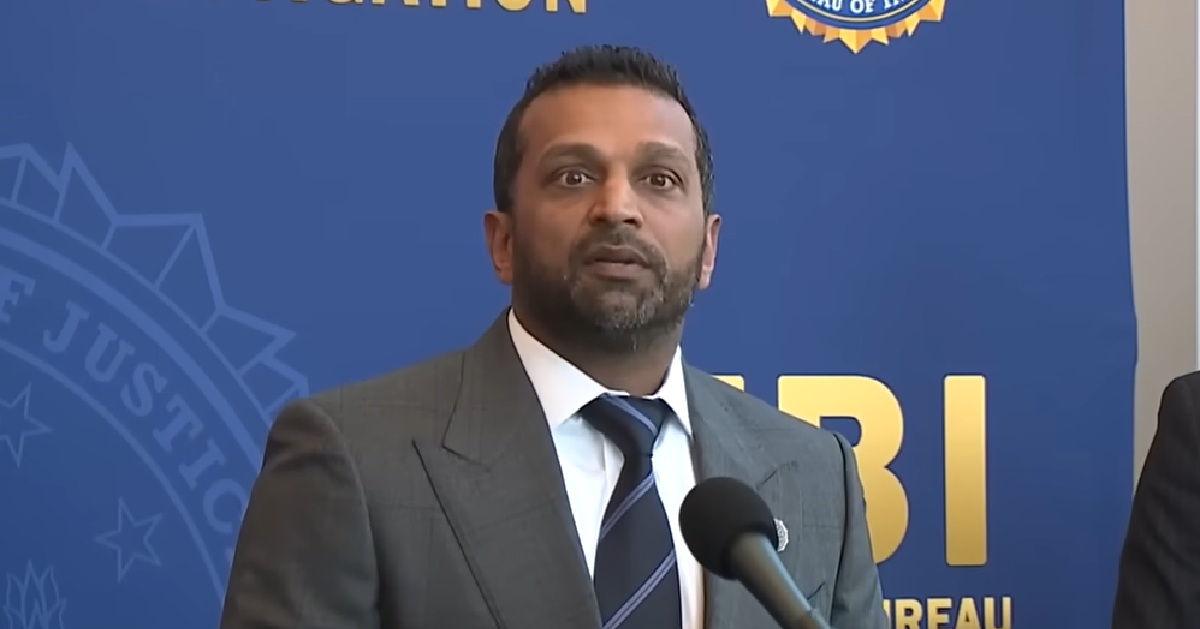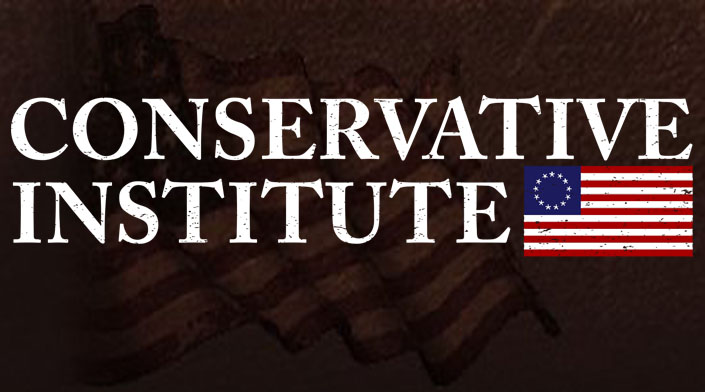Chief Justice Roberts warns lawmakers over threats to judicial independence, including defiance of court orders
Over the past several years, Democratic elected officials have increasingly employed sharply critical and defiant rhetoric against the decisions rendered by the Supreme Court and its conservative-leaning majority, to say nothing of vitriolic smears and accusations of wrongdoing against some individual justices.
In his annual year-end report, Chief Justice John Roberts seemingly chastised those elected officials, in Congress and the White House, for their role in perpetuating varied threats against the ideal of judicial independence, Fox News reported.
Those threats, per the chief justice, include acts of violence against judges, efforts to intimidate them, the spread of deliberate disinformation about their rulings, and open talk of defying lawful judgments.
Federal judiciary facing mounting threats to its independence
Chief Justice Roberts' 15-page year-end report began with a historical primer on how important the notion of an independent judiciary has been for Americans since even before the nation was officially formed, and how the Founders sought to ensure that judges in the United States would be protected from ever-changing political whims and respected across the partisan spectrum.
To be sure, it is "inevitable" that there will sometimes be "some tension" between the three branches of government concerning court decisions, and Roberts acknowledged, "It should be no surprise that judicial rulings can provoke strong and passionate reactions. And those expressions of public sentiment -- whether criticism or praise -- are not threats to judicial independence."
Nevertheless, the chief justice felt "compelled to address four areas of illegitimate activity that, in my view, do threaten the independence of judges on which the rule of law depends: (1) violence, (2) intimidation, (3) disinformation, and (4) threats to defy lawfully entered judgments."
Obviously, acts of violence and intimidation against federal judges and justices are unacceptable, and Roberts lamented the substantial uptick of instances of both in recent years, which has necessitated the expenditure of additional resources and manpower by the U.S. Marshals Service and law enforcement to keep members of the judiciary safe and hold those who threaten them accountable.
Violence, intimidation, and disinformation
"Public officials, too, regrettably have engaged in recent attempts to intimidate judges -- for example, suggesting political bias in the judge’s adverse rulings without a credible basis for such allegations," Roberts wrote. "Attempts to intimidate judges for their rulings in cases are inappropriate and should be vigorously opposed."
He warned, "Public officials certainly have a right to criticize the work of the judiciary, but they should be mindful that intemperance in their statements when it comes to judges may prompt dangerous reactions by others."
Roberts also called out elected officials who engage in "disinformation," as the "distortion of the factual or legal basis for a ruling can undermine confidence in the court system."
"Our branch is peculiarly ill-suited to combat this problem, because judges typically speak only through their decisions," he continued. "We do not call press conferences or generally issue rebuttals."
Elected officials defying court rulings
"The final threat to judicial independence is defiance of judgments lawfully entered by courts of competent jurisdiction," Roberts said. "As noted above, two of the major pillars of our Republic -- separation of powers and judicial review -- create an inevitable tension between the branches of our government."
"It is not in the nature of judicial work to make everyone happy. Most cases have a winner and a loser," the chief justice noted. "Every Administration suffers defeats in the court system -- sometimes in cases with major ramifications for executive or legislative power or other consequential topics."
" Nevertheless, for the past several decades, the decisions of the courts, popular or not, have been followed, and the Nation has avoided the standoffs that plagued the 1950s and 1960s," he continued. "Within the past few years, however, elected officials from across the political spectrum have raised the specter of open disregard for federal court rulings. These dangerous suggestions, however sporadic, must be soundly rejected."
To bolster his point, Roberts included a quote from the late liberal icon Justice Ruth Bader Ginsburg, who once opined that "an independent judiciary is 'essential to the rule of law in any land,' yet it 'is vulnerable to assault; it can be shattered if the society law exists to serve does not take care to assure its preservation.' I urge all Americans to appreciate this inheritance from our founding generation and cherish its endurance."





